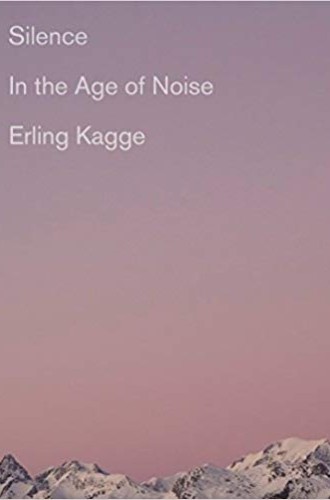The silence of focused attention
Erling Kagge fears that the practice of stillness is endangered.
The silence that Norwegian explorer Erling Kagge experienced in his extreme adventures—especially during his 50-day solo trek across Antarctica—becomes a model for the silence the rest of us might discover.
A man of quiet but strenuous pursuits, Kagge is a lawyer, publisher, art collector, and, most famously, cold-weather explorer. Before he skied alone to the South Pole without even a radio for contact with other people, he reached the North Pole without a support team. After that, he climbed to the summit of Mount Everest. Given those achievements, one might expect this volume to be a book of brags or a travelogue of solitary exploits. There are illustrated adventure moments, but the body of the essay directs readers to look to their own personal pilgrimages of rejuvenating silence.
Loosely organized and suggestive rather than descriptive or prescriptive, Kagge’s book explores broad questions: What is silence? Where is silence to be found? Why is silence valuable in our time?





